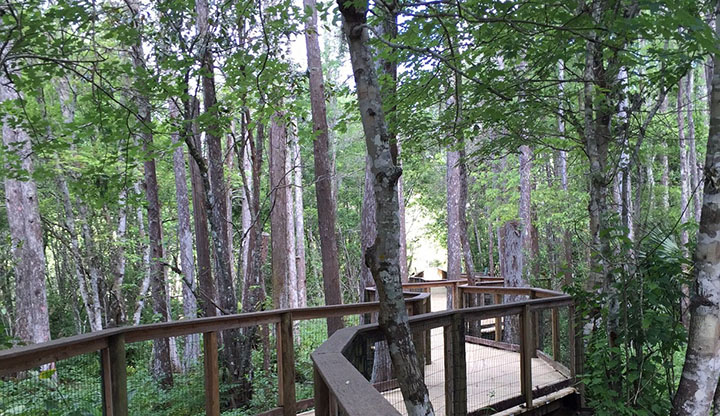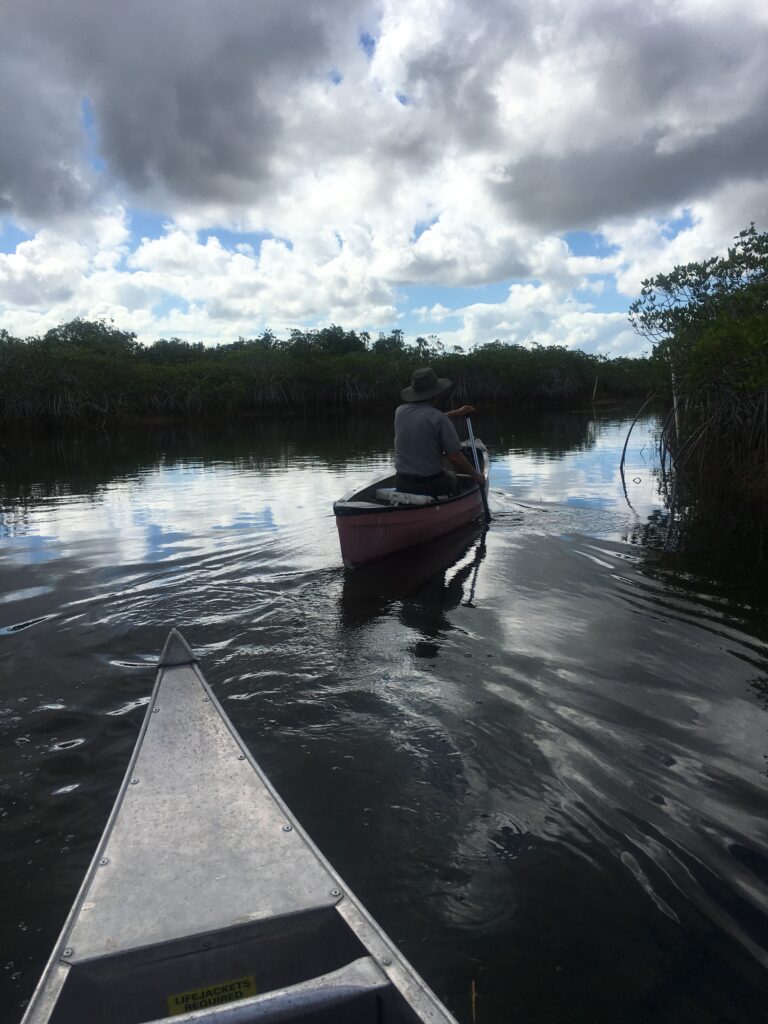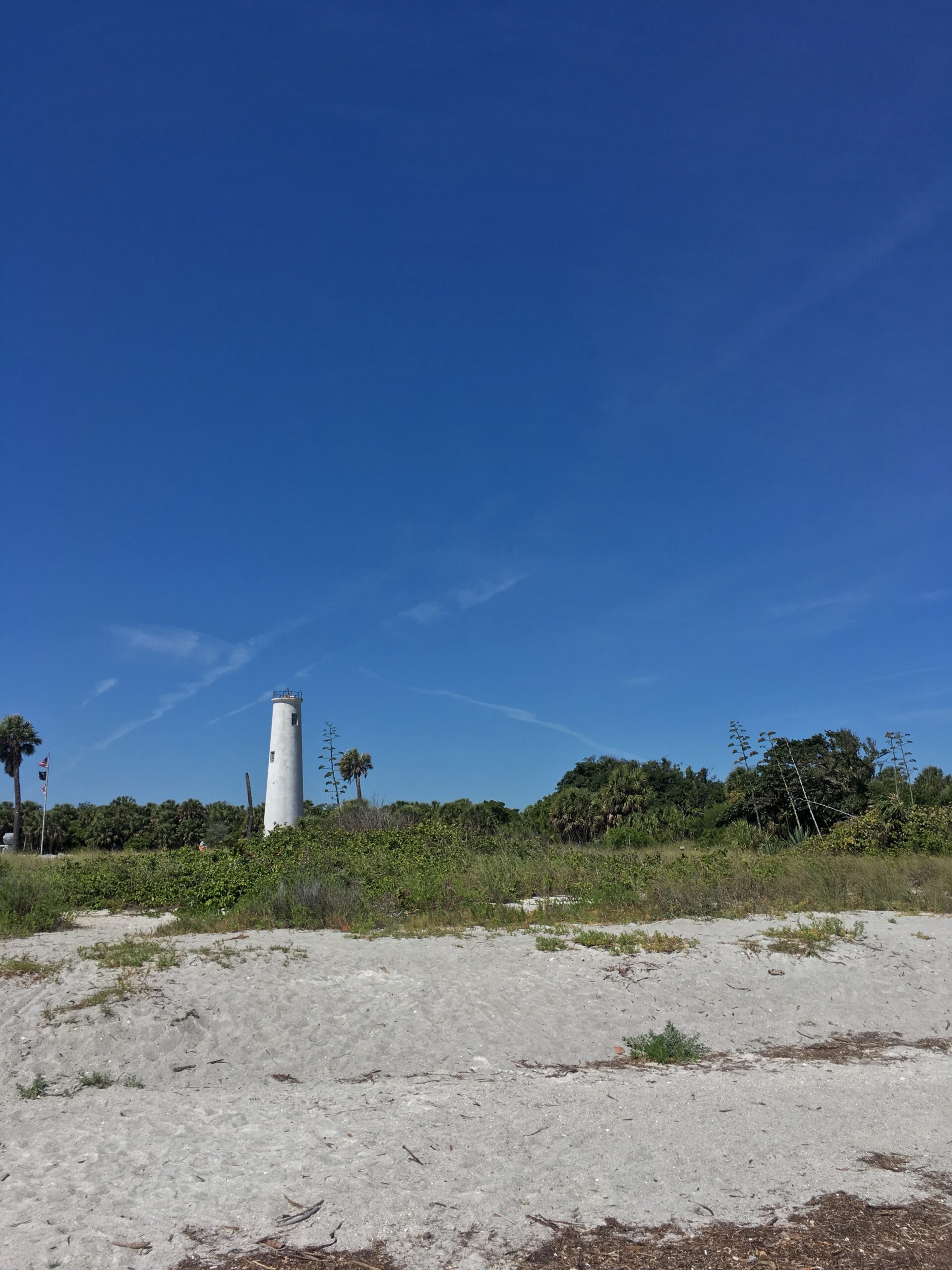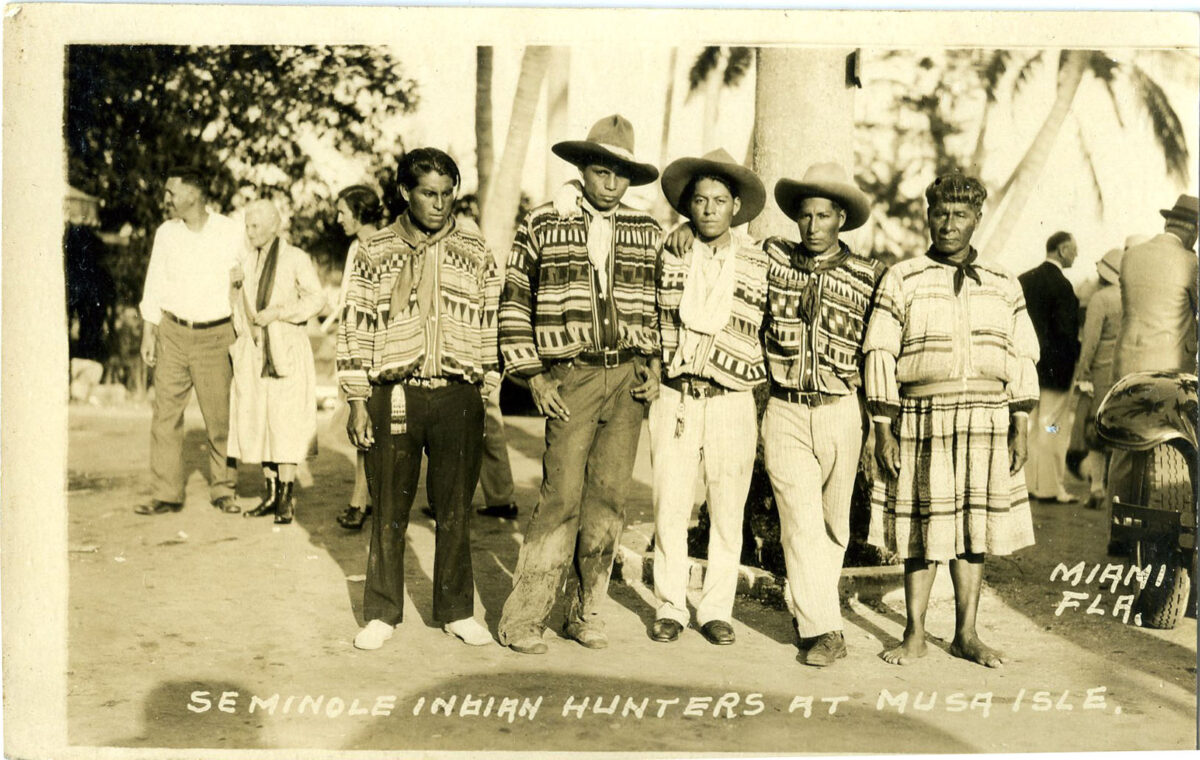
Ecotourism in Indian Country
Welcome to our third and final installment of our series on Ethics and Native Communities! The last two weeks we have talked about Being an Ethical Consumer of Native Arts and Crafts and Cultural Appropriation. This week, join us as we explore how to be an ethical eco-tourist in Indian Country. Responsible ecotourism is important to protect both Native communities and the land. The National Congress of American Indians states that “Indian Country is wherever American Indian spirit, pride, and community are found. It resides not only in law books, legislation, and historical treatises, but also on ancestral homelands, within our homes, and in the hearts of American Indian and Alaska Native people everywhere.” Indian Country is the space in which native people inhabit both physically and mentally.
For many tribes and Native people, tourism is an important economic resource. It is also an important teaching opportunity. For too long, Native people have not been able to voice their history or stories themselves. Tourism can provide an opportunity to do that. But, opening communities up to tourists comes with dangers and threats to both culture and the environment. Ethically interacting with the natural world is vital when giving respect to these homelands, families, histories, and lived experiences. This week, we will learn about what ecotourism is, and how you can incorporate these principles into your life and travel through Indian Country.
What is Ecotourism?
According to the The International Ecotourism Society, ecotourism is “responsible travel to natural areas that conserves the environment, sustains the well-being of the local people, and involves interpretation and education.” It is not the same as nature tourism, as a significant amount of thought, work, and critical thinking is placed on action and impact with ecotourism. “Whereas nature, wildlife, and adventure tourism are defined solely by the recreational activities of the tourist, ecotourism is defined as well by a set of principles that include its benefits to both conservation and people” (Honey 2008). These principles, as outlined by Honey, are below:

Ranger Led Canoe trip in the Everglades NP
Travel to Natural Destinations
Minimize Impact
Build Environmental Awareness
Provide Direct Financial Benefits for Conservation
Provide Financial Benefits and Power for Local People
Respect Local Culture
Support Human Rights and Democratic Movements
First defined in the 1970s and 1980s, the concept and principles of ecotourism have shifted over time. Even now the definition outlined above is not universally accepted. At its most basic, ecotourism promotes environmentally sustainable and socially responsible tourism practices. But, responsible ecotourism works to minimize impacts on local communities and the environment that are commonly seen with conventional tourism.
This is not only in relation to the environment, but also the exploitation of local people and Indigenous communities. Tourists need to think not only about their recreational activities, but also about transportation to the community and land, how they are interacting within that space, and how they are leaving it. It is important to extend these principles to all spaces we interact with. They should be at the forefront of your mind, for example, both during a walk around the boardwalk at the Ah-Tah-Thi-Ki Museum in the Everglades as well as when purchasing souvenirs to bring home.
Why is it Important for Tribal Communities?

The Egmont Key Lighthouse, 2018
In the last three decades, climate change has made itself more and more apparent. In our recent Biodiversity post, we talked about the delicate ecosystem that exists in the Florida Everglades. If you recall, changes to the sheet flow, climate change, and population pressure have all put a strain on this delicate wetland. Sea level rise and increasingly variable weather patterns are also threatening the homelands of the Seminole Tribe of Florida. While tourism brings business, it can also negatively affect this delicate balance. Irresponsible tourism destroys sacred sites, habitats, and more. The long term health of the ecosystem suffers when money and resources are not put back into conservation efforts.
True ecotourism puts the needs of local communities and the natural world above your vacation. While tourism can bring in much needed dollars and bolster the economics of a community, it can also cause harm. During the Covid-19 pandemic, tourists brought with them danger and death. Other times, tourists have destroyed sacred spaces. Internationally, there is a well-documented history of ignoring and erasing indigenous communities for the sake of a tourist dollar.
Tourism can commodify land in a way that destroys natural spaces and ignores indigenous land management and stewardship practices. Too often, those who come in are seeking to ‘discover’ for themselves an unclaimed wilderness. This is a fallacy, as it ignores the long history of occupation and symbiosis that exists between Native communities and the land itself. It also may ignore painful histories of colonialism, genocide, and displacement. It is important to encourage and give power back to tribal communities in order to mitigate these damages. Acknowledge and recognize that some of these spaces are not for you. Be respectful of spiritual and religious spaces, as well as private land.
Beware of Greenwashing
Something to be aware of when trying to be an ethical eco-tourist is greenwashing. Greenwashing is basically a smart marketing scheme; making something seem eco-friendly when it is not. This can mislead people who are attempting to be responsible consumers and instead end up in a tourism trap. People who are interested in sustainability may be reeled in by misleading marketing. The goal is to make a money off of these misguided intentions. Profit is prioritized over people and the land, and the results can be devastating when this false marketing is effective.
In order to avoid greenwashed activities, items, and companies it is important to research before giving your money to someone or something who makes claims of sustainable and ethical business practices. Learn how to recognize and avoid ‘buzzwords’ that aren’t supported by substance. When seeking out companies or activities, look for those that make sustainability and responsibility to the environment and community a core tenant of their mission statement. With a little critical thinking and research, you can avoid greenwashed experiences and feel confident you are putting your money and efforts into a positive direction.
What Can You Do?
Learn About the Land
Spend your time leading up to your excursions learning about the land. One of the core tenants of ethical ecotourism is supporting conservation efforts. Familiarize yourself with the issues impacting the environment and communities you are travelling to. Beyond that, learn about where you live. Support conservation efforts around your home area. We are all connected. It is important to financially support conservation areas in places that you engage with, at home and abroad.
Seek out Opportunities to Acknowledge Indigenous Communities
Beyond just the environment, learn about the indigenous communities where you live and travel to. Work to support local native artists, companies, and governments. Put money and support back into these communities and recognize their stewardship of these natural spaces. Learn about their history, culture, and the issues impacting these communities beyond the environment. Acknowledge their sovereign right to inhabit these spaces, and be respectful of these ancestral lands.
Seek out Less Popular Destinations
Large groups of people moving through the landscape have significantly more negative impacts than smaller groups. They produce more disturbance, more refuse, and bigger opportunities to damage plants, animals, and habitats. Keep your group size small by seeking out less popular destinations, or go during the off season.
Be Mindful of Your Impact
It is not possible to live your life without impacting the natural world. But, we can work to minimize those impacts and give back. Understand how you are interacting with your environment. Be honest with yourself and the choices you and your family are making. How can you improve?
Walk the Walk Daily
Many of us have heard of the concept of Leave No Trace. Leave No Trace is designed with Seven Principles for minimizing impact in natural settings. But, we tend to leave these principles behind in our day to day lives, and only pull them out when we are in ‘nature’. In truth, no wilderness is still pristine these days. If you live in the city, you still are a part of the environment. It is our job as stewards of the land to incorporate sustainable living practices in our daily lives. Be conscious of how much water you use, buy local foods, minimize waste, reject fast fashion, and move away from plastic.
The intention of this series is to inspire thoughtful and critical thinking about how you interact financially, physically, and mentally with Native people and communities. Work towards supporting, appreciating, encouraging, and being an ally to Native communities and spaces. Reorient how you think about Native people and the environment. Where are you choosing to put your time and money? We encourage you to push yourself beyond merely consuming Native art, land, and culture by choosing to be more intentional and responsible.
Sources:
Honey, Martha. Ecotourism and Sustainable Development, Second Edition: Who Owns Paradise? United Kingdom, Island Press, 2008.



Pingback: Centering Anti-colonial Travel - Florida Seminole Tourism